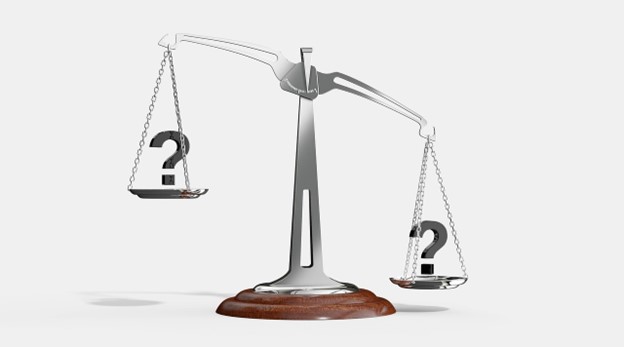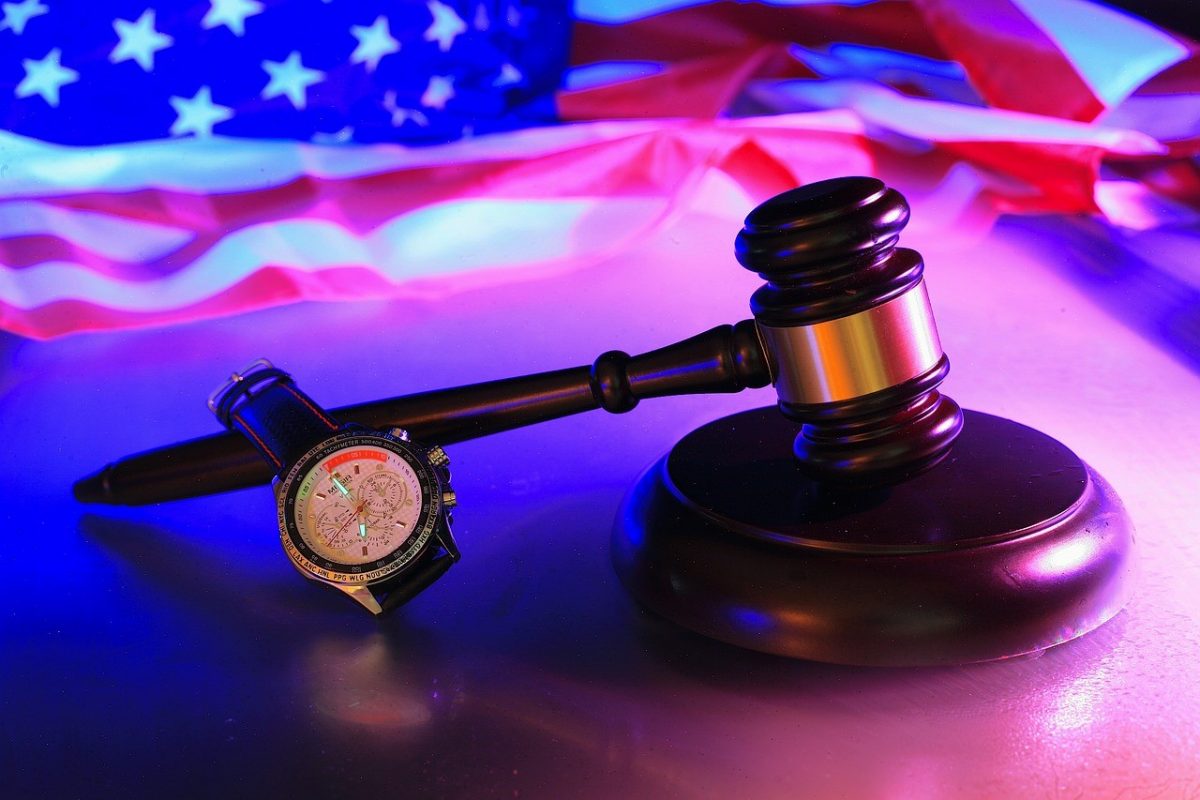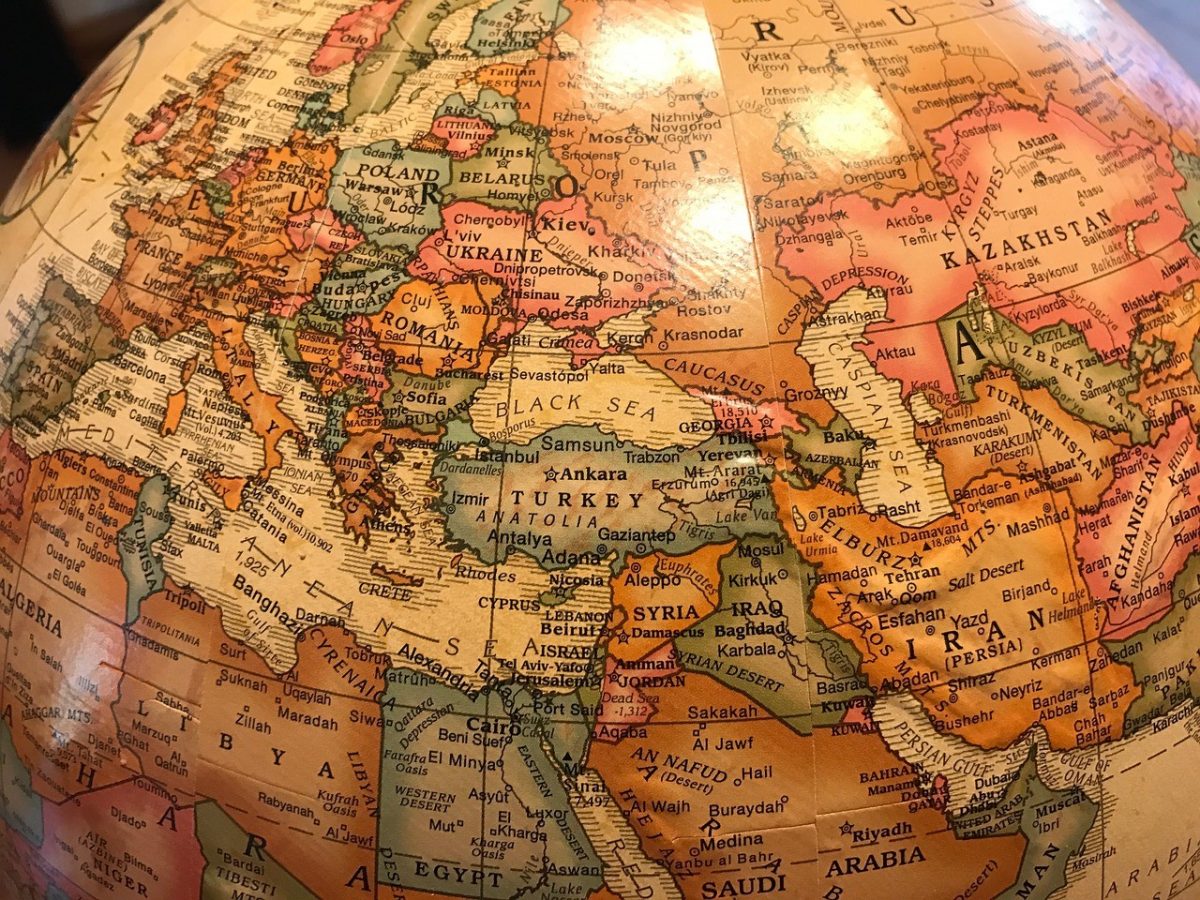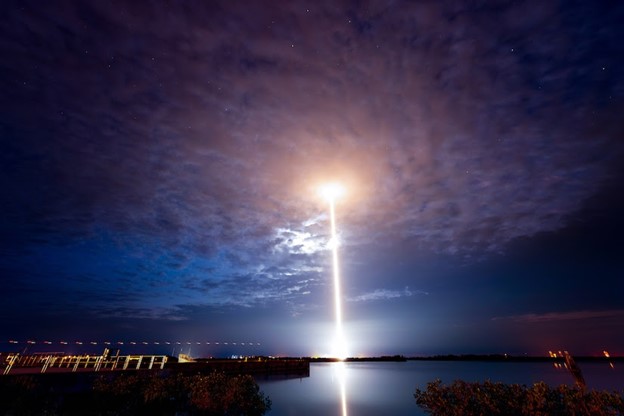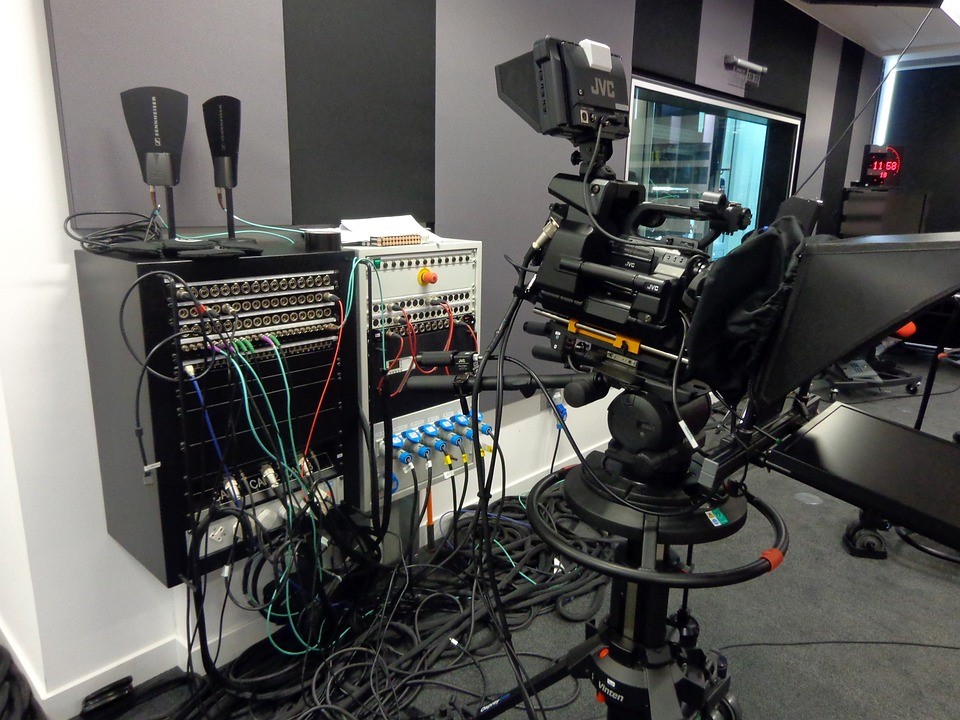We know that Jack Smith favors what are called “talking indictments” – that is, the prosecutor provides a narrative of the criminal acts he alleges form the basis for the criminal charges. But this indictment reads more like an Op-Ed piece in the New York Times than a legal document.
When we reach the heart of the charges, there are three separate conspiracies the former President is alleged to have engaged in:
“a. A conspiracy to defraud the United States by using dishonesty, fraud, and deceit to impair, obstruct, and defeat the lawful federal government function by which the results of the presidential election are collected, counted, and certified by the federal government, in violation of 18 U.S.C. Sec. 371; b. A conspiracy to corruptly obstruct and impede the January 6 congressional proceeding at which the collected results of the presidential election are counted and certified (“the certification proceeding”), in violation of 18 U.S.C. Sec. 1512(k);and c. A conspiracy against the right to vote and to have one’s vote counted, in violation of 18 U.S.C. Sec. 241.”
To achieve these goals, Trump and his un-named and un-indicted co-conspirators are alleged to have “attempted to enlist the Vice President to use his ceremonial role at the January 6 certification proceeding to fraudulently alter the election results…using knowingly false claims of election fraud, the Defendant and co-conspirators attempted to convince the Vice President to…reject legitimate electoral votes…(w)hen that failed, on the morning of January 6, the Defendant and co-conspirators repeated knowingly false claims of election fraud to gathered supporters, falsely told them that the Vice President had the authority to and might alter the election results, and directed them to the Capitol to obstruct the certification proceeding and exert pressure on the Vice President to take the fraudulent actions he had previously refused.”
The indictment further states that “(a)fter it became public on the afternoon of January 6 that the Vice President would not fraudulently alter the election results, a large and angry crowd— including many individuals whom the Defendant had deceived into believing the Vice President could and might change the election results— violently attacked the Capitol and halted the proceeding. As violence ensued, the Defendant and co-conspirators exploited the disruption by redoubling efforts to levy false claims of election fraud and convince Members of Congress to further delay the certification based on those claims.”
Compare these allegations to those made almost two years ago in the Second Trump Impeachment. Aren’t the allegations brought in the Second Trump federal indictment basically the same as those for which he was impeached?
Under the Fifth Amendment to the US Constitution, “(n)o person shall be…subject for the same offence to be twice put in jeopardy of life or limb.” This “prohibition against ‘double jeopardy’ was designed to protect an individual from being subjected to the hazards of trial and possible conviction more than once for an alleged offense. . . .The underlying idea, one that is deeply ingrained in at least the Anglo-American system of jurisprudence, is that the State with all its resources and power should not be allowed to make repeated attempts to convict an individual for an alleged offense, thereby subjecting him to embarrassment, expense and ordeal and compelling him to live in a continuing state of anxiety and insecurity, as well as enhancing the possibility that even though innocent he may be found guilty.”
The law of double jeopardy is not absolute. As OJ Simpson discovered, “if a defendant is tried for a criminal case, double jeopardy does not protect them from also being tried for a related offense in civil court. For instance, if the state brings murder charges against a defendant, the family of the victim may also sue the defendant for punitive damages.” But pertinent to our analysis, “Double jeopardy does not prevent multiple charges for the same crime from different jurisdictions. If a crime violated the laws of multiple states, then each state may press charges. Likewise, if a crime violated both state and federal law, then it would be allowable to have two criminal suits for the same crime.”
If the allegations contained in the second federal indictment are substantially the same as those brought in the second impeachment, how can Trump be prosecuted in federal court for actions for which he was acquitted by Congress?
At first blush, it would appear that there is no prohibition to bringing criminal charges against Donald Trump after his second impeachment failed. “The Senate’s impeachment trial was not a judicial proceeding; the parties are not the same; and…the Senate’s judgment does not have legal effect.”
According to a Justice Department memorandum from 2000, “(t)he Constitution permits a former President to be indicted and tried for the same offenses for which he was impeached by the House of Representatives and acquitted by the Senate.” Their reasoning?
“(I)mpeachment and trial by the Senate, on the one hand, and prosecution in the courts, on the other, ‘serve different ends…those different ends…seem to be protection of our institutions of government from corrupt or incompetent officials…impeachment trials ‘may sometimes be influenced by political passions and interests that would be rigorously excluded from a criminal trial.'”
Further, “if the scope of the Impeachment…were restricted to convicted parties, ‘the failure of the House to vote an impeachment, or the failure of the impeachment in the Senate, would confer upon the civil officer accused complete and – were the statute of limitations permitted to run – permanent immunity from criminal prosecution however plain his guilt’…such a view would give Congress an indirect power of pardon – via impeachment and acquittal – even though the Constitution vests the President alone with the power to pardon.”
The DOJ memorandum references the Impeachment Judgment Clause (Article 1, Section 3, Clause 7 of the US Constitution), which states that “Judgment in Cases of Impeachment shall not extend further than to removal from Office, and disqualification to hold and enjoy any Office of honor, Trust, or Profit under the United States: but the Party convicted shall nevertheless be liable and subject to Indictment, Trial, Judgment, and Punishment, according to Law.” The Justice Department admits that this “clause is ambiguous when it comes to officials who have been impeached and not convicted…(the) failure to mention parties acquitted by the Senate implies that they, unlike convicted parties, are not subject to regular criminal prosecution.”
Nonetheless, DOJ concluded that “the Impeachment Judgment Clause was intended to make sure both that the special legislative court (the Senate) for the largely political offenses justifying impeachment would be able to impose only political, not ordinary criminal punishments and that offenders who also violated regular criminal laws would not stand above the law because they had been officeholders when they committed their misdeeds…James Wilson, a leading figure at the Constitutional Convention… argued, ‘Though they may not be convicted on impeachment before the Senate, they may be tried by their country; and if their criminality is established, the law will punish.’”
In other words, since there are different purposes and penalties, an impeachment does not provide the protections of double jeopardy, whether the impeached federal official is convicted or acquitted – even though the Impeachment Judgment Clause only mentions criminal punishment for convicted federal officials.
At least, that’s the position of the Justice Department. Breitbart Editor Joel Pollak has another view.
“The Double Jeopardy Clause, contained within the Fifth Amendment, prevents any person from being tried twice in a federal court for the same crime.” Pollak states. “It does not prevent someone from being tried for the same crime in a state court and a federal court, because state and federal governments are considered to be ‘dual sovereigns.’ But it applies to the federal level — and while an impeachment trial in the Senate is not a formal criminal proceeding, it has many of the same features as a federal criminal trial… the Constitution’s Impeachment Clause…does not say that a person who has been acquitted by the Senate can still be subject to the criminal process.”
Thus, Pollak reasons, “(a)rguably, the Constitution intended to protect an acquitted official. That seems even more convincing when considering that the standard of proof in the Senate is lower than in a criminal court — there is no requirement of proof beyond a reasonable doubt. As Alexander Hamilton himself observed in Federalist 65, a Senate trial risks of being decided by political factors. An acquittal there is harder to win than one in court. Therefore Trump is protected by the Double Jeopardy Clause. The new indictment should be quashed before trial, and the country should be spared the drama.”
Further support for the application of Double Jeopardy is given by Rodin, writing on the website Ricochet; “the key question is whether the Senate trial constituted a court proceeding. And here, the decision of Chief Justice Roberts to not preside in the second impeachment trial may be critical. It is hard to imagine that a proceeding conducted under the chief judicial officer is not a ‘trial’ for purposes of double jeopardy. But Roberts did not preside, and at the time, his decision not to do so (as no current officer holder was on trial) raised interesting questions about its legitimacy. But the officer who did preside, Senator Pat Leahy of Vermont, assured us – ‘When I preside over the impeachment trial of former President Donald Trump, I will not waver from my constitutional and sworn obligations to administer the trial with fairness, in accordance with the Constitution and the laws.’ So, Senator Leahy certainly thought it was a trial.”
Unfortunately, the view of Senator Pat Leahy does not control this issue – it will be the opinion of the federal judge presiding over the Second Trump indictment that will be determinative.
That is until the inevitable appeal of the judge’s ruling, no matter which way she rules.
Judge John Wilson served on the bench in NYC
Illustration: Pixabay
